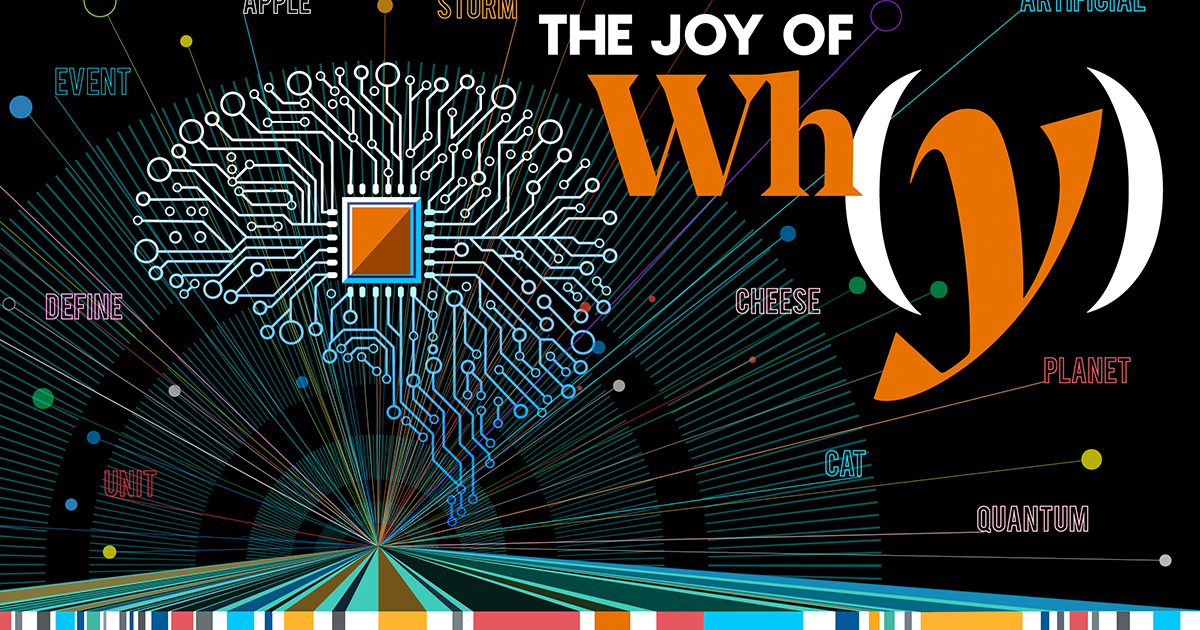In a world increasingly driven by automation, it’s not uncommon to find tools that make developers’ lives easier. Yet, the idea of a tool that can help generate a whole codebase based on a product specification might seem like a far-fetched dream. What if there was a tool that could serve as a personal junior developer, assisting you in building the architecture of your application? This idea is not as distant as it may appear, thanks to the novel smol developer library.
smol developer is a prototype of a junior developer agent that scaffolds an entire codebase for you once given a product specification. The term ‘smol’ is fitting here – the codebase is simple, safe, and less than 200 lines of Python and prompts, making it easy to understand and customize. It represents a higher-order evolution of programming where you still need to be technical but no longer have to implement every detail, at least when scaffolding things out.
The potential of AI-enabled, but human developer-centric workflow, is evident in the demo example provided. The user writes a basic prompt for the application they want to build, and main.py generates the code. The user can then run or read the code, add to the prompt as they discover underspecified parts, manually run the code and identify errors, or use debugger.py to get specific code change suggestions. The loop continues until the user is satisfied, with the AI only used as long as it adds value.
Examples on the GitHub repo of smol developer in action range from building a full Chrome extension to scaffolding a complex React/Node/MongoDB full stack app. Alternative implementations and deployment strategies on alternative stacks have been developed in JavaScript, C#, Dotnet, and Golang, among others, illustrating the potential for broad application of the smol developer approach.
Innovations and insights abound in the use of smol developer. The tool leverages Markdown for program synthesis, facilitates copy and paste programming, and offers tricks for whole program coherence. It also provides a low activation energy for unfamiliar APIs and uses Modal to solve various challenges, such as python dependency hell in development and production, parallelizable code generation, and a simple upgrade path from local development to cloud-hosted endpoints. Caveats to consider include slow feedback loops and some use case specific code that is yet to be generalized.
Getting started with smol developer is straightforward. One simply needs to clone the repository, copy over .example.env to .env and fill in your API keys. Other dependencies include Modal (though an option not bypass its use does exist), for which the instructions for setup are provided, and the GPT API.
To wrap it up, smol developer is a pioneering tool that brings the power of AI to the fingertips of developers, enabling them to scaffold entire codebases with relative ease. It represents a step forward in the evolution of programming, offering a novel, human-centric approach that enhances efficiency without compromising the developer’s control over the process. With its simple, safe, and ‘smol’ codebase, it sets the stage for more developers to leverage the power of AI in their projects.
For more information, check out smol developer on GitHub.




